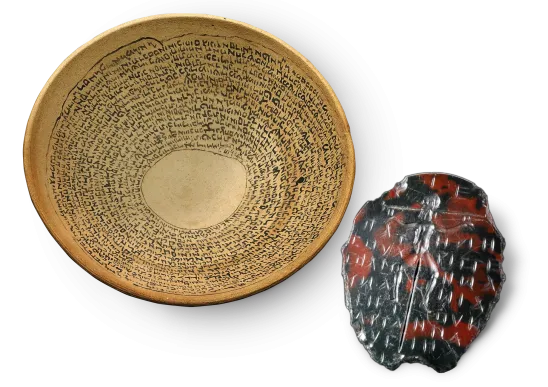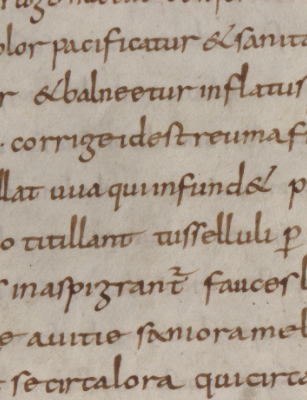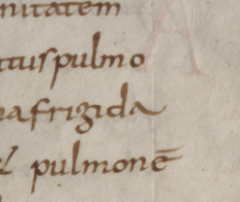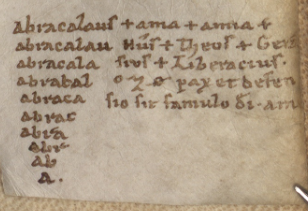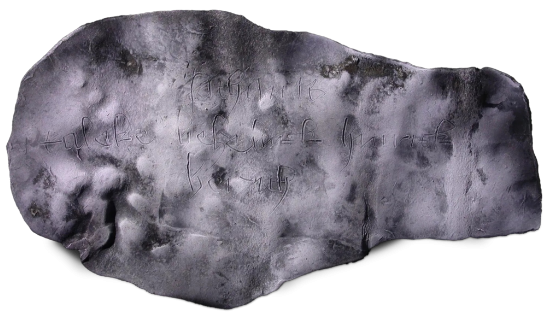Principles of Verbal Magic – From the Earliest Evidence to the Early Modern Period
Words, whether written or spoken, are attributed a great deal of power in religious, magical, and medical traditions. Words are used to heal, and to cast spells; language is used to worship gods; and writing is used to exert power. Many cultural systems claim the ability to change reality and influence the world through words and characters. This interdisciplinary research network explores the cultural paradigms underlying how premodern societies understood concepts within verbal magic regarding the power of language and writing at the intersection between religion, medicine, and magic. The network aims to determine how the supernatural effects of words, language, and writing come about according to various sources, and to identify which principles are universal, and which are unique.
